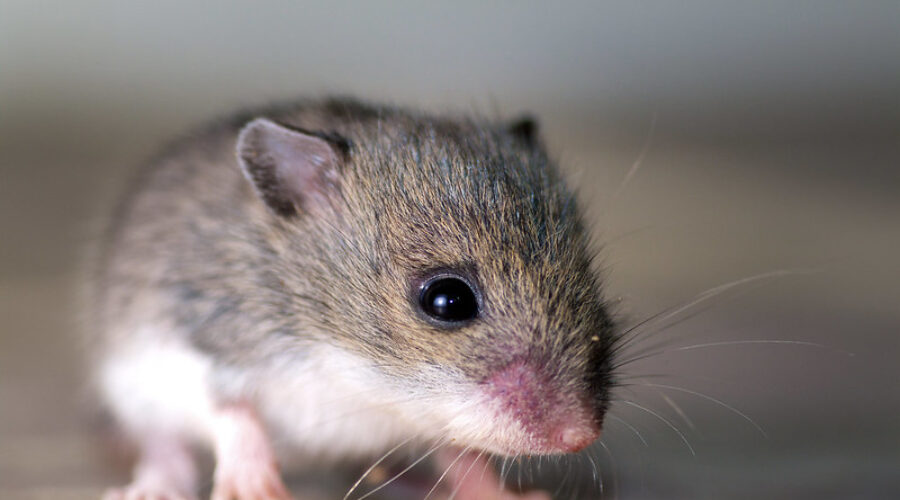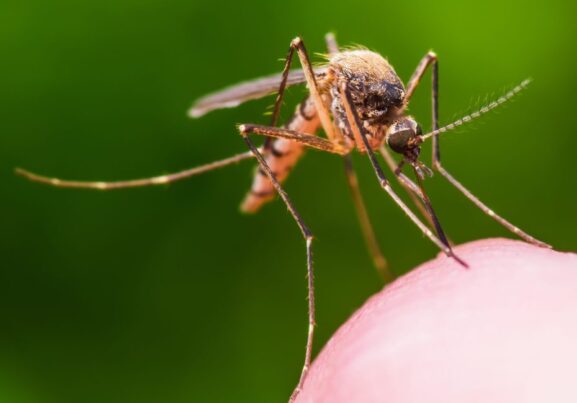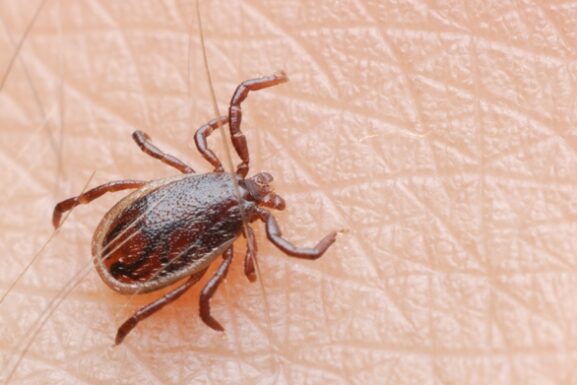What’s Hiding in Your Walls This Winter? Rodents?
Overwintering is a big problem for a lot of pests. This is the period when many animals will go into hibernation or diapause (a state of reduced activity) to wait out the cold winter months. Overwintering animals often do not venture far from their nest, but they can be a significant problem in the spring. If you don’t know pests are overwintering in your home, you will be in for a big surprise when you suddenly have large numbers to exterminate.
The best way to protect your home against overwintering pests is to notice their signs. This is especially true for rodents, who are the most notorious overwintering culprits.
What Rodents are Most Likely to Overwinter in My Home?
Rodents are a huge problem when overwintering because not all rodents hibernate or reduce their activity. Instead, rodents, including mice and rats, will come into your home to stay warm, and they’ll be a nuisance all winter.
The good news is that overwintering rodents are a lot easier to spot. The bad news is that they can do a lot of damage to your food and home before the infestation is stopped.
The most common rodents to look out for in the fall include the following.
Of these three pests, mice and rats do not hibernate. They will be active in your home all winter. On the other hand, squirrels will typically stay close to their nest. However, you will likely still hear them moving around.
Signs of a Rodent Infestation
Rodents like to hide in walls, attics, basements, and crawl spaces. They are geniuses at finding a way into your home and creating havoc. Rodents are also extremely good at procreating quickly, which can cause a small rodent problem to get out of hand before you know it.
The best way to prevent a serious rodent problem in the spring is to quickly spot the signs of a rodent infestation. Going through a spring cleaning checklist can help you clean areas of your home that can be overlooked and help you look for signs of rodents.
Rodents like mice and rats are nocturnal, but you can sometimes spot them around your home. If you see one rodent, you can assume more living nearby.
Rodents leave droppings. They are often long and cylindrical. The droppings will be located where rodents like to hang out, including the kitchen, pantry, cabinets, and under sinks.
- You spot nesting material
All rodents will make a nest. If you notice nesting material like torn fabric or shredded paper in a secluded location, you may have stumbled upon a rodent nest. Black rats and squirrels most often nest in attics. Mice and Norway rats are usually found in walls, basements, or garages.
- You notice chew marks or holes in food packaging
Rodents are characterized by their continuously growing, sharp teeth. They use them to tear their way into your food. If you notice chew marks and holes in food packaging, you likely have a rodent problem.
Stay vigilant this winter to any sign of rodents overwintering in your home. When the world warms up in the spring, your rodent problem could explode out of control. If you notice any signs of a rodent infestation, contact a professional right away. Simply give us a call, and Fox Pest Control will send a technician that same day.



